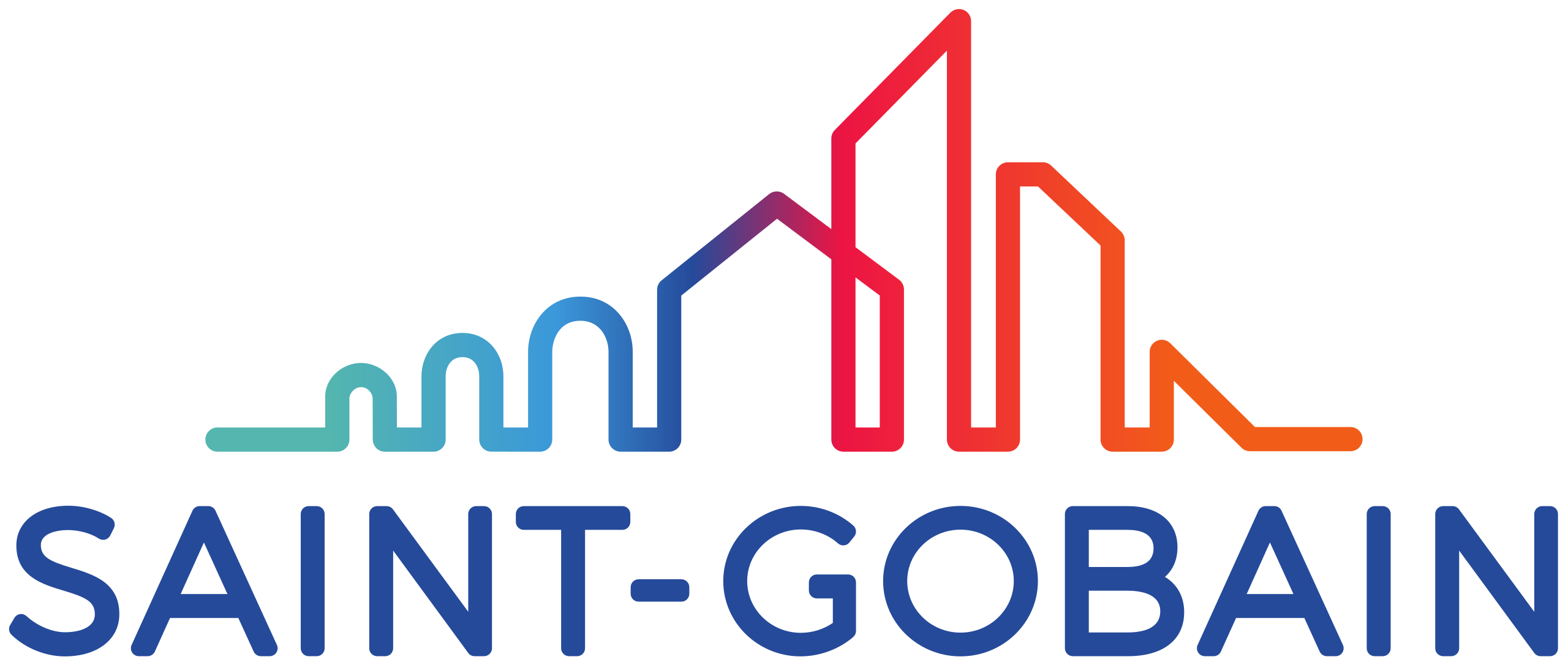Last year I met a college freshman who was agonizing about choosing a career. Matt said that all of his friends knew what they wanted to do and he was worried that if he didn’t figure it out soon, he would screw up his life. “How so?” I asked. He explained that if he didn’t know now, he could end up being 35 and having to start over.
Matt had made so many mistaken assumptions that it was no wonder he was panicking.
Most people don’t know what their ideal career is when they arrive on campus – including his friends who supposedly knew what they wanted to do with the rest of their lives. Whether they were bluffing because of the same fears Matt had, or honestly believed they had it all figured out doesn’t matter – they are just as likely as Matt is to change majors in college or to change careers down the line.
If you’re one of the lucky few who knows what your ideal career is, you can save time and money by doing research.
ONLINE
- Start by going to the Bureau of Labor Statistics’ Occupational Outlook Handbook (http://www.bls.gov/ooh/). Here, you can find out what people in your ideal career actually do, how much money they typically make and what the future outlook is for the profession, as well as what major or degree is required and whether graduate school will be necessary.
- Explore the websites of professional associations in your field – most have an education section with information and guidance for people seeking to enter the field.
- Search LinkedIn for people in your chosen field to see what they majored in and where they began their careers.
- Search the web for professionals who blog about specific careers to learn inside information and possibly even ask questions.
- If your ideal career requires a graduate degree, check out programs right away to find out if there are specific prerequisites, such as the pre-med coursework required for medical school. If you don’t complete them as an undergraduate, you’ll have to do them after graduation, costing additional time and money.
OFFLINE
- Visit your college or university’s career services center and speak with a career counselor. He/she can help you find resources and information about your chosen career, including alumni contacts in the field.
- Reach out to alumni and others in your network to request an informational interview (a brief meeting where you can ask questions about the field and how to best prepare yourself for the job you want).
- Reviewing the course catalog to find out the major’s requirements and speak with professors in the department, as well as juniors and seniors in the major program.
- Take some classes in the department you’re interested in before committing to the major.
- Sometimes our ideas about a particular career or field are different from the reality. Take every opportunity to speak with people in your chosen field to learn about it first-hand.
You may find that there’s a specific major you need for your chosen field. But if you’re planning to enter a field that doesn’t require a specific major (such as law), you might choose to major in something you love or in something that will provide you with options, such as your second choice career. If you’d really love to combine your passion with the practical or to hedge your bets, consider a double major, a minor, or a concentration in one of your interests.
In the end, Matt embraced the idea that he was in college to figure out what he wanted to major in and do after graduation. The key is to explore while you’re in college, because it’s easier and more economical than trying to do it later. The more things you try out, the more you’ll learn and the closer you’ll get to the answers you seek. Experience is never a waste of time.
Good luck!
Johanna Baum has helped many people, from high school and college students to Fortune 500 executives, transition to the next phase of their academic or professional development. In addition to independent consulting, Johanna has advised students in the guidance department at Princeton High School, as a writing and composition instructor at the University of Pennsylvania, and as a counselor at the student career centers of Columbia University and Baruch College (CUNY). In the corporate world, Johanna coached analysts and their managers on Wall Street, senior executives in transition for Right Management Consultants and has worked with numerous private clients. A Certified NJ School Counselor and Certified Professional Resume Writer, Johanna graduated from Dartmouth College and has master’s degrees in Comparative Literature from the University of Pennsylvania and in Counseling Psychology from Columbia University.
Website: www.objectiveinsightconsulting.com





